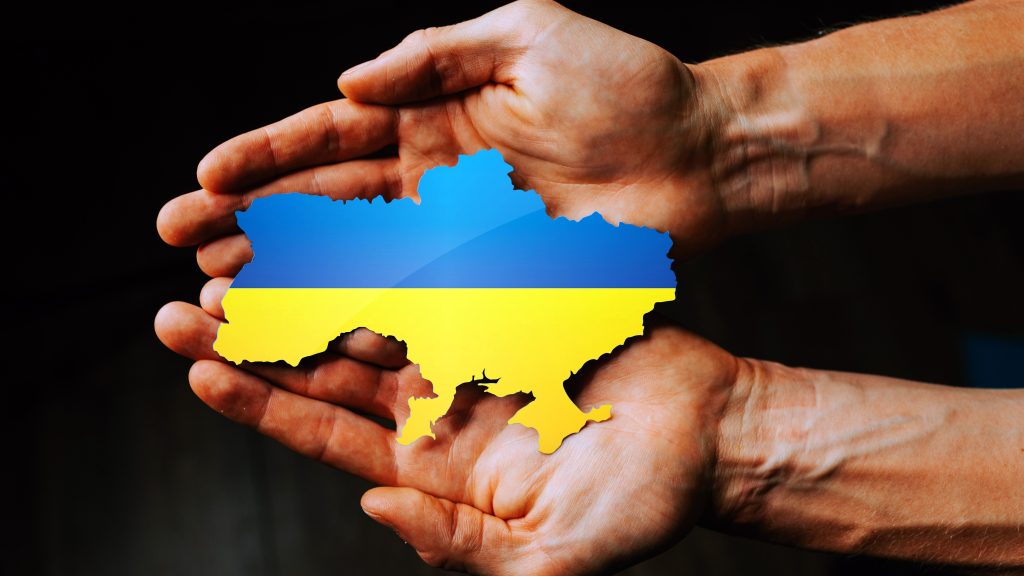By way of his judgment of Q v R, Mr Justice Williams ordered the summary return of a child, “E” to Ukraine. This is the first reported case of an abducted child being returned to Ukraine since the Russian invasion in February 2022.
The case is available online here
By way of background, the case concerned a child, E who is 5 ½ years old. He is British and Ukrainian. His mother is Ukrainian and Hungarian; his father is British and South African. E’s father lives in England, and E and his mother were living in Ukraine until they came to England in April 2022 on the UK’s Family Visa Scheme.
In June 2022, having concluded it was safe for her and for E, E’s mother suggested that she wished to return home to Ukraine. This in turn prompted the father to issue proceedings in the local family court in June 2022. The mother then cross-applied for E’s return to Ukraine under the 1980 Hague Convention, stating that E was habitually resident there.
This application was defended by the father on two grounds: He firstly suggested that E had become habitually resident in England between his arrival in April 2022 and the issuing of proceedings in June 2022. This was dealt with relatively swiftly by the judge, who held that the child’s 8-week presence in the UK was insufficient to change his habitual residence.
The second and perhaps more intricate defence was that of Article 13b, and specifically, that there is a grave risk that E’s return to Ukraine would expose him to physical or psychological harm or otherwise place E in an intolerable situation. Whilst Article 13b is seen both as the most readily deployed defence yet the least likely to be upheld by the English courts, given the Russian invasion, the Article 13b defence warranted a particularly careful evaluation.
In support of his application, the father averred of a real risk of exposure to the risks of ‘armed conflict’ and the ‘risk of being in a legal limbo as a result of the alleged closing down of the legal system in Ukraine’. The judge went on to highlight a need to focus upon “the circumstances of this child returning to that country, and the risks which arise on their return and thereafter.”
In assessing the risks to E, it is clear that the judge did not take the father’s concerns lightly – and even on the morning of the hearing, news had broken from Russia overnight of large numbers of troops being mobilised. The judge noted that “war is unpredictable, particularly war waged by a country led by President Putin. It is undoubtedly right that even overnight the announcements that Russia is calling out 300,000 reservists suggests a possible escalation of the conflict”. The judge continued: “The banging of the nuclear drum by President Putin is not to be taken lightly, and the possibility of the nuclear power stations in the Ukraine becoming damaged as a result of military action and contaminating the Ukraine and beyond as occurred with Chernobyl, are again risks which any sensible person would subject to careful evaluation.” He also focused on advice from the FCDO, and the extensive evidence filed by the father from media outlets at home and abroad about life in Ukraine.
However, the mother advanced a more nuanced approach to a return. She and E were seeking to return to a town in the very far west of Ukraine – which the court accepted had not been involved in any hostilities thus far, and which was held to be “in a well-protected part of the country geographically”. The court noted that schools are open, shops are well stocked, and life is going on “not quite as normal, but with minimal or limited disruption”. The judge went on to discuss the mother’s and child’s exit from Ukraine if the Russian invasion were to advance west, and the risk of missile attacks to the town in question. The mother was also willing to provide an undertaking to leave Ukraine with E if the Russian invasion were to creep nearer – which, the judge found, reduced the risks to E to below the Article 13b threshold.
Ultimately, the judge determined that the father’s defence of Article 13b did not meet the requisite threshold and ordered E’s return to Ukraine. The case is truly fascinating, not least because of the jurisdiction in question. Honest and forensic discussions of “missile strikes” and “nuclear war” are thankfully rarely seen in the context of abduction decisions, yet the overriding point is that the court must not lose sight of what the reality would be for the specific child on their return to the state in question.
Partner James Netto and associate Avneet Panesar acted for the successful applicant mother in this case, instructing Michael Gration KC and Adele Cameron-Douglas of counsel.
James Netto
[email protected]
The International Family Law Group LLP
www.iflg.uk.com
© November 2022
- James Nettohttps://iflg.uk.com/team/james-netto
- James Nettohttps://iflg.uk.com/team/james-netto
- James Nettohttps://iflg.uk.com/team/james-netto
- James Nettohttps://iflg.uk.com/team/james-netto











